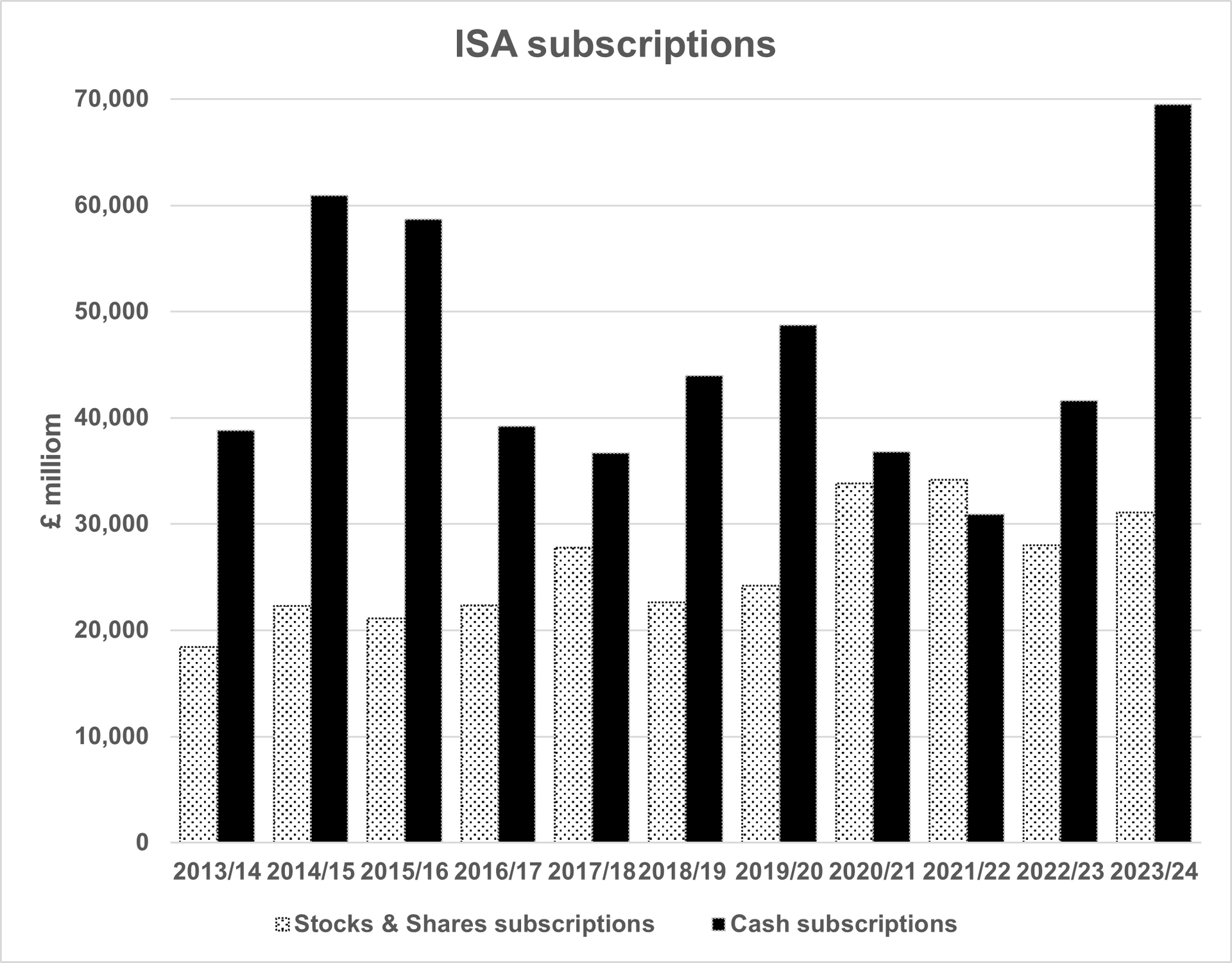Blog
2023/2024 - The tax year with 23 months in it?
If you are self-employed, the new tax year may be longer than you think.

If you are self-employed, until 2023/24, you have normally been taxed on the profits made in the accounting year that ends in the tax year. For example, if your accounting year ran to 30 April, then in the last tax year, 2022/23, you are taxed on the profits for your accounting year ending on 30 April 2022 – a few weeks after the start of the tax year.
Some while ago, the government decided that it would speed matters up by forcing all the self-employed (including partners in partnerships) to pay tax on the profits earned in the tax year. As is obvious from the example above, moving from the accounting year system to a tax year one implies a catch-up exercise that theoretically results in more than 12 months’ profits being taxed in a single tax year.
Unless your accounting year ends on 31 March or 5 April, that is what will start happening in this tax year. Taking the 30 April year end again, in 2023/24 the default position will be that your taxable profits are:
- The “normal” calculation of profits for the accounting year ending 30 April 2023, plus
- One fifth of a catch-up element equal to:
o Your profits from 1 May 2023 to 5 April 2024 (341/366ths of the profits in your account year ending 30 April 2024), less
o Any overlap relief because of double taxation that occurred earlier (typically when you started trading).
In the following four tax years (during which the personal allowance and higher rate threshold are frozen), your taxable profits will be those earned across the 12 months of the tax year (with pro-rated calculations, if necessary), plus that one fifth catch-up element. As an alternative, you can opt for any amount more than a fifth up to the full catch-up element to be taxed in 2023/24 with corresponding adjustments for later years.
If your head is hurting, you are not alone. At least you have the remainder of the tax year to consider the implications and prepare for what is likely to be a larger tax bill (as more income is being taxed) come January 2025. Make sure you take advice about the planning opportunities that arise – 2023/24 could be the ideal time to make a large pension contribution.
Tax treatment varies according to individual circumstances and is subject to change. The Financial Conduct Authority does not regulate tax advice. HM Revenue and Customs practice and the law relating to taxation are complex and subject to individual circumstances and changes which cannot be foreseen.





